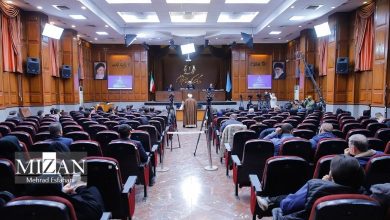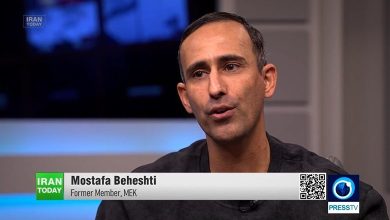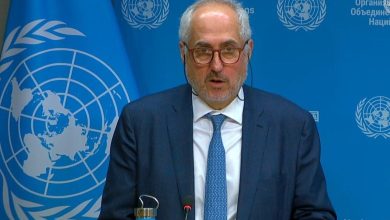Association for Defending Victims of Terrorism – Michael Rubin says in his article that Mujahedin-e-Khalq Supporters Can’t Get Security Clearances in US. Federal state.
He writes, Iranian-Americans serve honorably across the US government. While I worked at the Pentagon two decades ago, I interacted with Iranian-Americans holding top security clearances who worked for the Defense Department, State Department, White House, and National Security Agency. While teaching for the US Navy, I met Iranian-American pilots and senior surface warfare officers. They all put America first, of course, but they did not cut ties with the Iranian side of their identity. They spoke Persian and watched diaspora media. Many had family members involved in various Iranian organizations and groups, and some even had relatives still living in Iran.
What is both ironic and telling is that across the near three million members of the federal government, there does not appear to be a single supporter of the Mujahedin-e-Khalq (MEK). This is ironic because the MEK claims to be the largest, most popular, and most democratic Iranian opposition group. A failure to have even a single member linked to the group inside federal service cannot simply be a statistical anomaly, but rather indicates the group has far less support than it claims and/or there are other impediments to its members’ entry into federal service.
Here, the likelihood is that internal opacity of the MEK raise red flags to the FBI and other security agencies who must clear candidates for high security positions. The group not only conducted terrorism against Americans in the 1970s, but also continues to rationalize it. It sided with Iraq’s late dictator Saddam Hussein after he invaded Iran and used chemical weapons against the Kurds. The group acts like a cult rather than a normal civil society organization. To date, its US representative Ali Safavi has been unable or unwilling to name a single time in which he or other MEK officials disagreed with the group’s leader Maryam Rajavi. Safavi’s embrace of Lyndon LaRouche conspiracy theories written by his former magazine’s editor also raises red flags about the group. The group’s financial practices also appear to undermine the ability of associates to get security clearances. While the MEK claims affiliation with numerous cultural organizations, the tax returns of these groups when filed do not match with the honoraria they pay former politicians and diplomats who endorse Rajavi in public events.
The MEK carefully crafts its public relations image. The United States removed its terror designation to facilitate its move from Camp Ashraf, Iraq, to Albania. While that is a diplomatic sleight-of-hand, the real metric of US assessment of the MEK is whether the group’s affiliates are trusted anywhere in positions of responsibility within the US government. Here, the lack of security clearances for MEK members suggests the answer is a resounding no.





